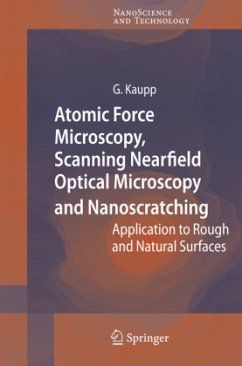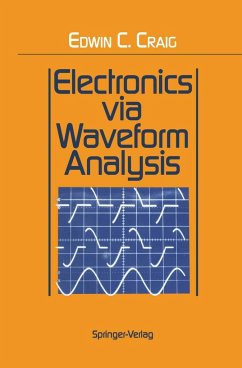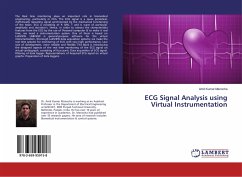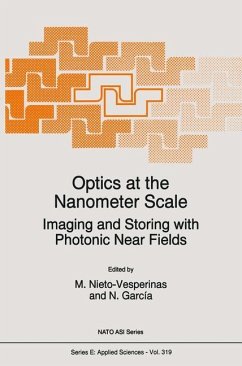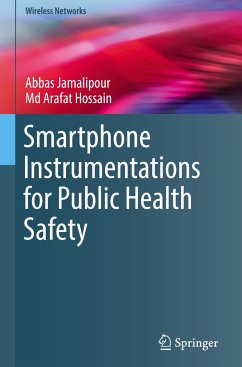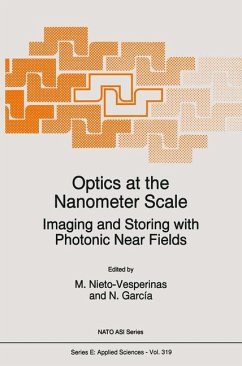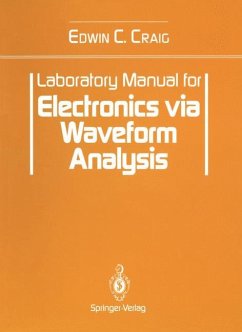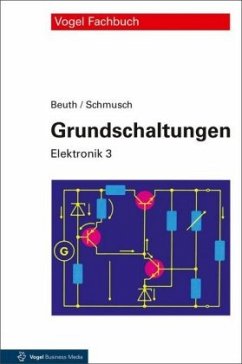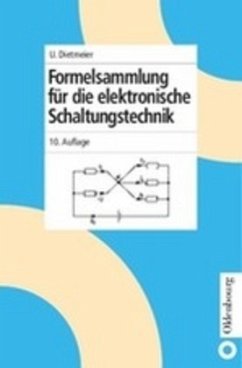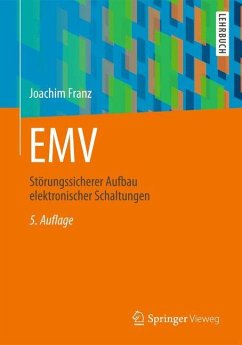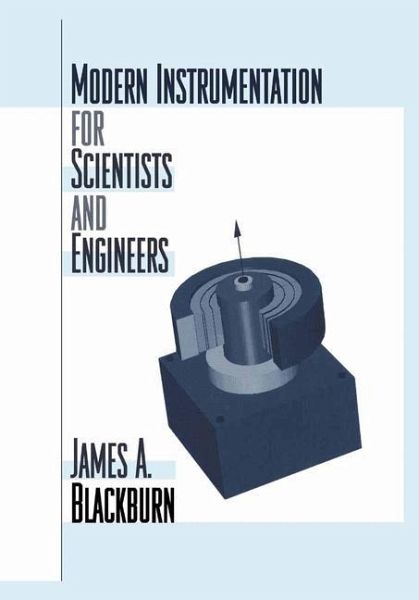
Modern Instrumentation for Scientists and Engineers
Versandkostenfrei!
Versandfertig in 1-2 Wochen
75,99 €
inkl. MwSt.
Weitere Ausgaben:

PAYBACK Punkte
38 °P sammeln!
Knowledge of instrumentation is for experimentalists a kind of fluency in the language of measurement. But it is a fluency not so commonly possessed, and without which much of the experimental process remains hidden and mysterious. The basic goal in writing this book is to provide a treatment of useful depth of the basic elements of the instrumentation "language," namely electronics, sensors, and measurement. The present epoch is arguably a golden age for instrumentation. The crucial ingredient has been the exceptional development of semiconductor fabrication technology, and this has led to th...
Knowledge of instrumentation is for experimentalists a kind of fluency in the language of measurement. But it is a fluency not so commonly possessed, and without which much of the experimental process remains hidden and mysterious. The basic goal in writing this book is to provide a treatment of useful depth of the basic elements of the instrumentation "language," namely electronics, sensors, and measurement. The present epoch is arguably a golden age for instrumentation. The crucial ingredient has been the exceptional development of semiconductor fabrication technology, and this has led to the present richness in both analog and digital inte grated circuits. The former provide relatively inexpensive but high-performance electronic modules (such as the operational amplifier) which can serve as build ing blocks for more complex circuits, whereas the latter have culminated in the desktop computer, which has permeated modem life generally and revolu tionized the instrumentation world with its capacity to act as a measurement controller and data storage center. Finally, silicon micromachining is creating a host of new sensors for such quantities as acceleration and pressure.





